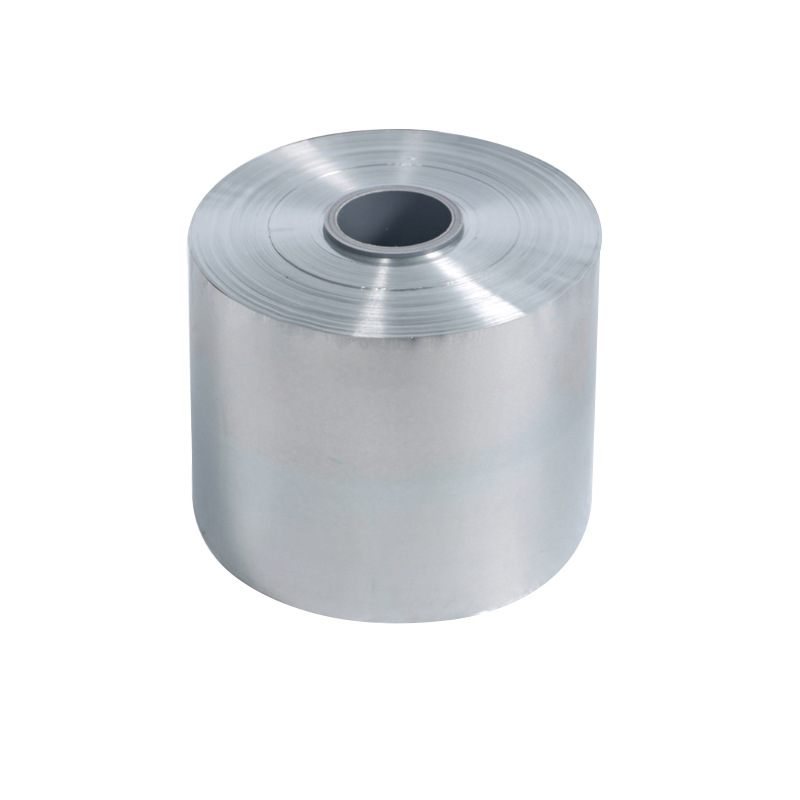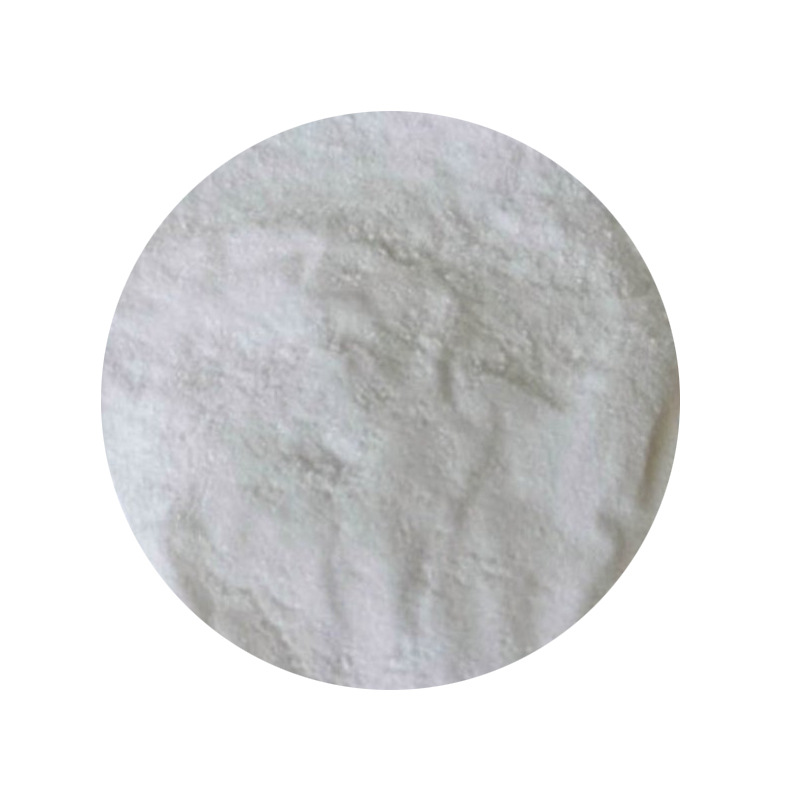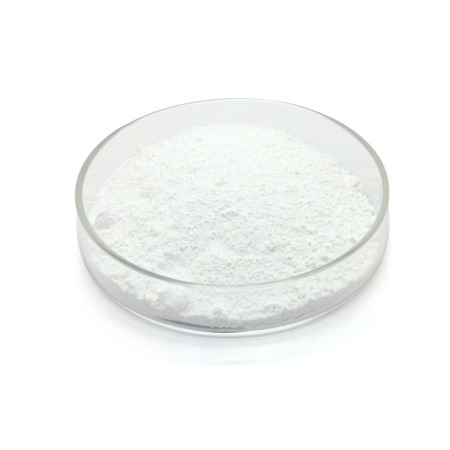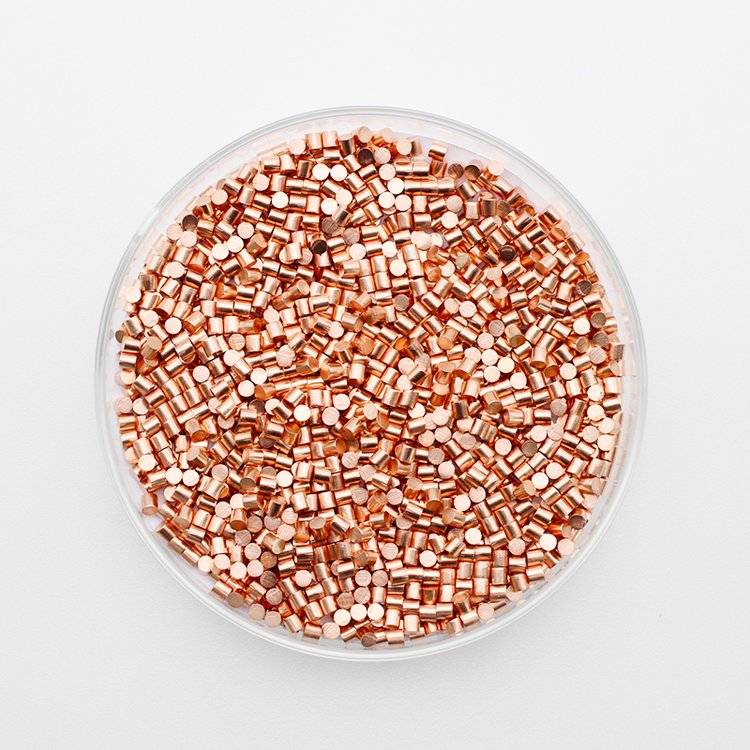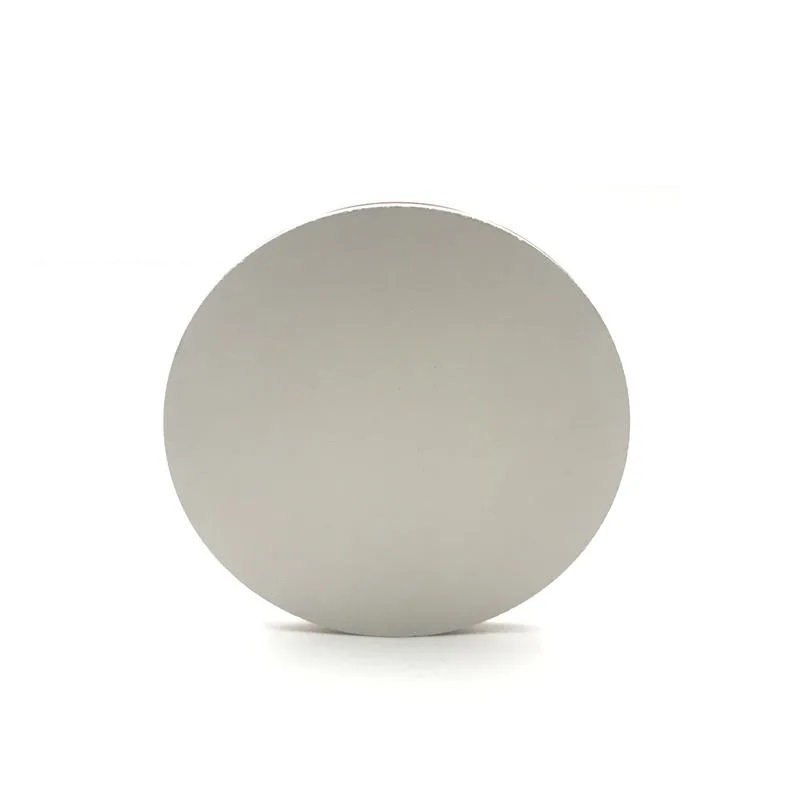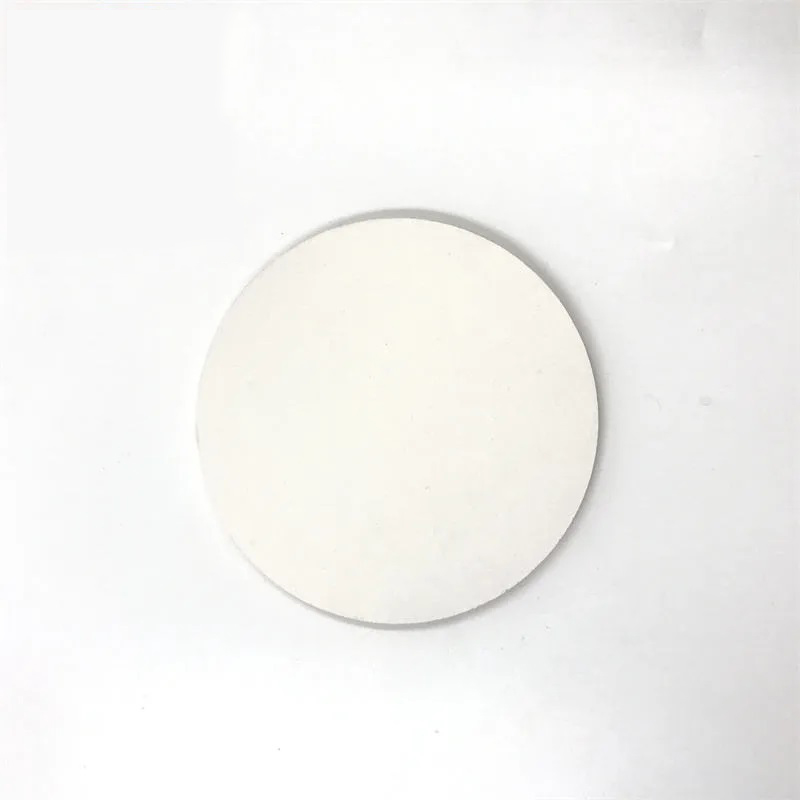Zn Zinc Foil
- Corrosion Resistance: Zinc is known for its excellent corrosion resistance, especially in moist environments. It forms a protective oxide layer that shields the material from further corrosion, making it ideal for use in outdoor and harsh environmental conditions.
- Electrical Conductivity: Although not as conductive as copper or aluminum, zinc foil still offers good electrical conductivity, making it suitable for applications in electrical components, such as batteries and capacitors.
- Thermal Conductivity: Zinc has relatively high thermal conductivity, making zinc foil useful in heat dissipation applications, particularly in electronics and industrial processes where temperature control is critical.
- Malleability and Flexibility: Zinc foil is highly malleable, allowing it to be easily shaped and fabricated into thin, flexible sheets. This makes it suitable for a variety of industrial applications requiring precise material manipulation.
- Non-Toxicity and Biocompatibility: Zinc is a biocompatible metal, meaning it can be used in medical and food-related applications without adverse effects. It is also non-toxic, which adds to its safety and versatility in various industries.
- Antimicrobial Properties: Zinc has natural antimicrobial properties, making zinc foil valuable in applications where hygiene and contamination control are critical, such as in medical equipment and food packaging.
Custom products or bulk orders, please contact us for competitive pricing!
- Satisfaction Guaranteed
- No Hassle Refunds
- Secure Payments
Description
Zinc foil is a versatile material widely used in various industries due to its unique combination of properties, including corrosion resistance, electrical conductivity, and thermal stability. At Tinsan Materials, we provide high-quality zinc foil for demanding applications in the electronics, automotive, and chemical industries. This guide covers the key attributes, advantages, and applications of zinc foil.
Properties of Zinc Foil
- Corrosion Resistance: Zinc is known for its excellent corrosion resistance, especially in moist environments. It forms a protective oxide layer that shields the material from further corrosion, making it ideal for use in outdoor and harsh environmental conditions.
- Electrical Conductivity: Although not as conductive as copper or aluminum, zinc foil still offers good electrical conductivity, making it suitable for applications in electrical components, such as batteries and capacitors.
- Thermal Conductivity: Zinc has relatively high thermal conductivity, making zinc foil useful in heat dissipation applications, particularly in electronics and industrial processes where temperature control is critical.
- Malleability and Flexibility: Zinc foil is highly malleable, allowing it to be easily shaped and fabricated into thin, flexible sheets. This makes it suitable for a variety of industrial applications requiring precise material manipulation.
- Non-Toxicity and Biocompatibility: Zinc is a biocompatible metal, meaning it can be used in medical and food-related applications without adverse effects. It is also non-toxic, which adds to its safety and versatility in various industries.
- Antimicrobial Properties: Zinc has natural antimicrobial properties, making zinc foil valuable in applications where hygiene and contamination control are critical, such as in medical equipment and food packaging.
Advantages of Zinc Foil
- High Corrosion Resistance: Zinc foil is particularly advantageous for applications exposed to moisture, air, or corrosive environments. The natural oxide layer formed on its surface significantly extends the life of zinc components in challenging conditions.
- Good Electrical and Thermal Conductivity: The electrical and thermal conductivity of zinc foil, though not as high as copper, still meets the requirements of various electronic and electrical applications. It is commonly used in energy-efficient devices and cooling systems.
- Easy Formability and Customization: Due to its malleability, zinc foil can be easily shaped and customized to meet specific dimensional and application requirements. It is available in various thicknesses and forms to cater to diverse industrial needs.
- Environmental Benefits: Zinc is an environmentally friendly metal. It is recyclable and has low environmental impact when compared to other metals used in similar applications.
- Cost-Effective Material: Zinc is abundant and relatively inexpensive compared to other metals such as gold, silver, or copper. This makes zinc foil a cost-effective option for a variety of applications while still maintaining essential performance characteristics.
- Antibacterial and Antifungal Properties: Zinc’s natural antimicrobial properties make it ideal for use in medical and healthcare applications where hygiene and sanitation are paramount.
Applications of Zinc Foil
- Electronics and Electrical Components: Zinc foil is widely used in the electronics industry due to its electrical conductivity and malleability. It is commonly used in battery electrodes, capacitors, and connectors, where high conductivity and flexibility are required.
- Corrosion Protection (Galvanizing): Zinc is widely used for galvanizing steel and iron, as it protects the metals from corrosion. Zinc foil is used in various forms of coating, providing an extra layer of protection against rust and corrosion in outdoor and marine environments.
- Automotive Industry: Zinc foil is used in automotive applications, including battery production, cooling systems, and as a coating to protect parts exposed to harsh conditions. The foil also plays a role in reducing vehicle weight and improving fuel efficiency.
- Medical and Biocompatible Applications: Due to its biocompatibility, zinc foil is used in medical devices such as wound dressings, surgical implants, and other healthcare products that require safe and non-toxic materials.
- Energy Storage Devices: Zinc foil is commonly used in energy storage applications, including zinc-based batteries. It provides the necessary flexibility and stability for the production of high-performance batteries used in renewable energy systems.
- Food and Packaging: Zinc foil is used in the food packaging industry due to its antimicrobial properties, which help extend the shelf life of food products. It is also used in packaging for pharmaceuticals and other sensitive goods to prevent contamination.
- Aerospace and Defense: Zinc foil is used in aerospace and defense applications for its corrosion resistance and strength. It is used in components that require protection from the environment while maintaining lightweight properties for performance optimization.
Customization and Manufacturing of Zinc Foil
At Tinsan Materials, we specialize in the production of high-quality zinc foil, offering custom thicknesses, sizes, and finishes to meet your specific requirements. Whether you need zinc foil for electronics, automotive, medical, or other industrial applications, our products are manufactured to the highest standards of precision and quality.
If you have specific requirements, such as sizes, purity, or application details, please contact us to match your needs.

